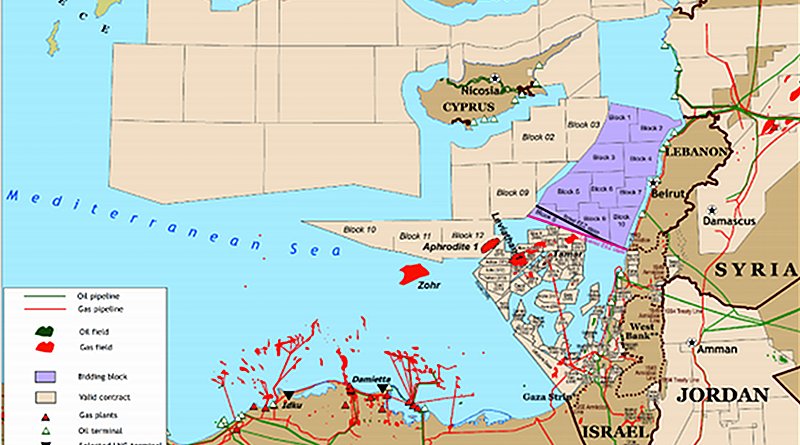Egypt And UAE Discuss Eastern Mediterranean
By Arab News
By Mohammed Abu Zaid
With the escalation of tension between Egypt and Turkey, Egyptian Foreign Minister Sameh Shoukry discussed with his Emirati counterpart Abdullah bin Zayed the latest developments in the Eastern Mediterranean.
The two sides also discussed relations between their countries and ways to enhance joint cooperation in all fields, according to UAE News Agency WAM.
This coincides with Greece’s denial of holding talks with Turkey, mediated by NATO, with the aim of easing tensions between the two parties due to disputes over maritime borders and gas exploration in the Eastern Mediterranean.
Turkey is provoking Greece — which has drawn its maritime borders with Egypt in accordance with recognized international agreements — by exploring gas in the Eastern Mediterranean on its own, a move that was met with great international condemnation.
“There are deep, brotherly relations between the UAE and the Arab Republic of Egypt and a continuous keenness to strengthen each other and develop areas of joint cooperation,” bin Zayed said.
Both countries share similar visions with regard to the Eastern Mediterranean, Libya, and a number of other issues.
Bin Zayed confirmed his country’s rejection of any measures threatening stability in the Eastern Mediterranean region.
Last month, Egypt and Greece signed an agreement to demarcate the maritime borders between them, which Turkish President Recep Tayyip Erdogan described as worthless.
Egypt responded by expressing its astonishment at the Turkish position, explaining that it was surprising that such statements and allegations should be issued by a party that did not know the agreement and its details.
Two days ago, US Secretary of State Mike Pompeo called on Athens and Ankara to de-escalate tension in the Eastern Mediterranean around the maritime borders and energy reserves in the region, after strong statements from Turkey.

